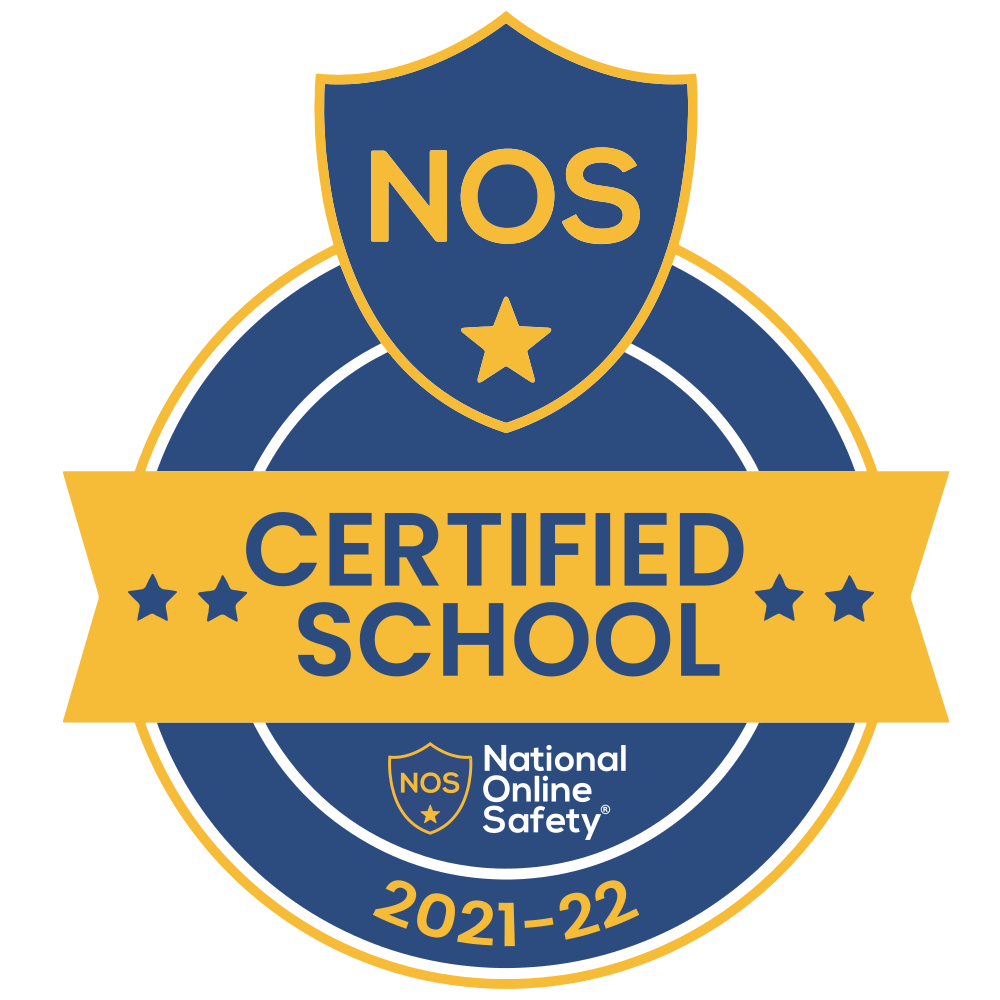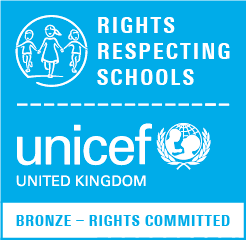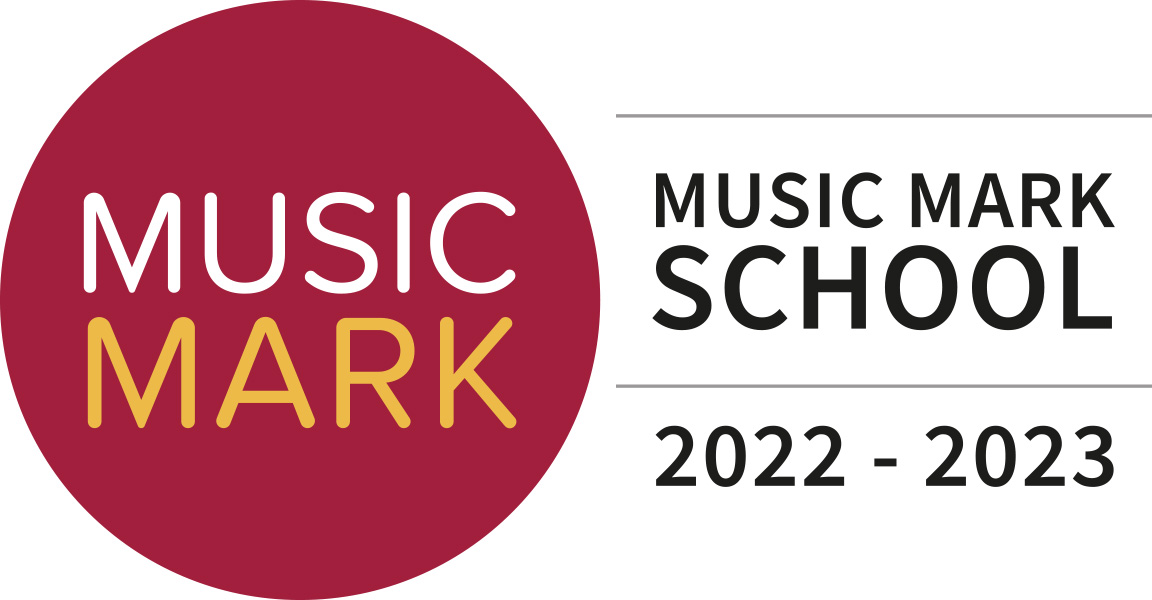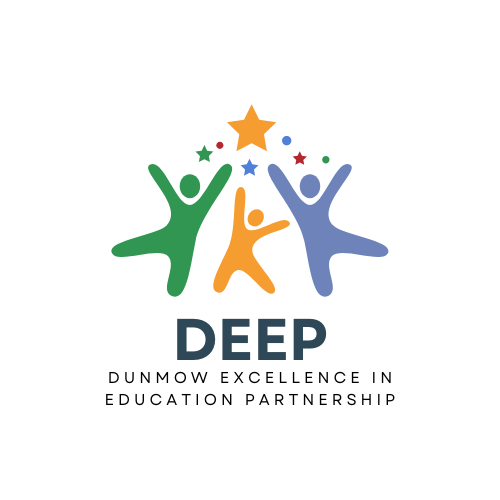Our Curriculum
We believe that all Rodings pupils should have a lifelong passion for learning. They should be taught the skills they need to identify and overcome any individual barriers to their acquisition of knowledge. This will be achieved through a holistic, evidence informed pedagogy that holds inclusivity at its heart, where teachers model that they are also learners and are compassionate whilst having high standards. Our curriculum is rooted in our local area and allows learners to apply our core values. This will develop staff who are creative and engaged and pupils who are proactive, informed and who are confident in celebrating individuality.
Our carefully sequenced Curriculum
In the Early Years and Foundation Stage a teaching happens through a mix of in the moment planning and direct teaching. In Key Stage One and Key Stage Two we teach explicit subjects through the use of themes and topics, where relevant and appropriate cross-curricular links are made.
Our curriculum is mapped from Early Years to Year Six so that we can ensure that a child’s learning journey in each subject is developmental and builds on prior learning.
Each subject has a clear intent which outlines what we aim to achieve in our teaching of the subject. Each subject also has a Learning Ladder which illustrates how the learning of knowledge (skills and facts) is distributed between each year group. Year groups then have a curriculum map which shows how they will spread their year’s required knowledge across the three terms.
Curriculum Fundamentals
We have five fundaments, which make up every subject within our curriculum
Values
We use our Core Values of Respect, Enjoyment, Care, Confidence and Challenge to personify the kinds of children that we want to develop and for our children to grow into.
Knowledge
Daniel Willingham states that 'Knowledge comes into play because if we want our pupils to think critically they must have something to think about.' We have used this principle alongside recent research into cognitive psychology and looking at how learning occurs to develop a series of documents which we have called 'Learning Ladders'. One of the core functions of each Learning Ladder is to explicitly make clear the knowledge for each subject that we teach.
Skills
Once children have a secure and broad base of knowledge they are provided with opportunities to explore, practice and master skills and to apply their knowledge through the development of skills. We have developed different skills sets: We have our Development Skills which are embedded in everyday life at Rodings. We have Curriculum Area Skills which cover our Explore, Discover and Create approach. Finally, we have subject specific skills, which outlines the specific skills we want children to develop for each subject.
Outcomes
Teaching staff are encouraged to ensure that units of work have a carefully considered outcome, which is ideally authentic in its purpose. This way the work the children undertake is building towards something, giving their learning a drive. This is something we are developing this year, to ensure that we have a variety of outcomes.
Experiences
We believe that inspirational experiences are an integral part of the curriculum that we provide for pupils at Rodings, and they play an important part in understanding the topics that we teach. Experiences are intended to enrich, inspire and inform the children as well possibly provide some context for they are learning about and pin their learning to. Our curriculum details suggestions for trips, visitors, exciting end of unit opportunities linked to what is being studied, but we are also developing additional opportunities that link to our Concepts and aid personal development.
Topics: Explore, Discover and Create
We teach the full range of Foundation Subjects, which are outlined in the National Curriculum, as well Philosophy to the children at Rodings Primary School. We continue to do this through a topic based approach for some subjects, using the concepts to make real and meaningful links to other subjects.
We have developed a set of documents called 'Learning Ladders' which show a clear progression of knowledge and skills within each subject. These can be found on each individual subject page on our school website
We have developed an approach where we have 'themes' for each term.
Autumn Term - EXPLORE - Geography led - Art and DT enhanced
Spring Term - DISCOVER - History led - Art and DT enhanced
Summer Term - CREATE - Arts led - Art and DT enhanced
Workshops are run for parents every year, for anyone who wishes to find out more about our curriculum.
Click here to see our Topic Map
Educational Visits
We believe that educational visits provide a good opportunity to develop an understanding of the local environment and as such are an important part of topic work. We are in the process of mapping a range of educational visits across year groups, topics and subjects t.
Parents are asked to make a voluntary contribution to cover the cost of the transport and entrance fees.
No child will be excluded from a visit if parents feel unable to contribute.
The children in Years 6 will have the opportunity of an extended residential visit.
Extra Curricula Activities
A range of extra-curricular activities are offered by staff either at lunchtime or after school.
These vary throughout the year but have included choir, chess, football, netball, rounders, cricket, computing, cookery and art and craft.
After school clubs finish at 4.00 pm but parents should expect their children home at the normal time in case unforeseen circumstances force the club to be cancelled at short notice.
After school clubs are available for children in Year 1 onwards.
How we are implementing our curriculum
Our curriculum is a framework which we constantly review and revise to ensure the children are Rodings receive the best education possible. The framework of our curriculum outlines the content for the six fundamentals listed above, for each subject but it retains the flexibility to be adapt and shaped by teachers and their class.
The knowledge and skill bases are vital in terms of content but how this is explored and extended is decided upon by the class teacher, in response to each individual class.
How we measure the impact of our curriculum
Assessment is an ongoing process in our classrooms, taking place continually through each lesson and each day. Teachers and Senior Leaders evaluate both formative and summative assessment data to refine our curriculum and provide opportunities for both extending and supporting each child's learning. The impact is measured in both the work produced by the children and through assessment data, which will be reflected in our assessment tools, in the way the children conduct and present themselves, and in the knowledge and skills they retain and apply for the rest of their lives.
Curriculum Contact
The contact for Curriculum is Mr Rob Jinkerson
- tel: 01279 876288
- email: mr.jinkerson@rodingsprimary.co.uk









